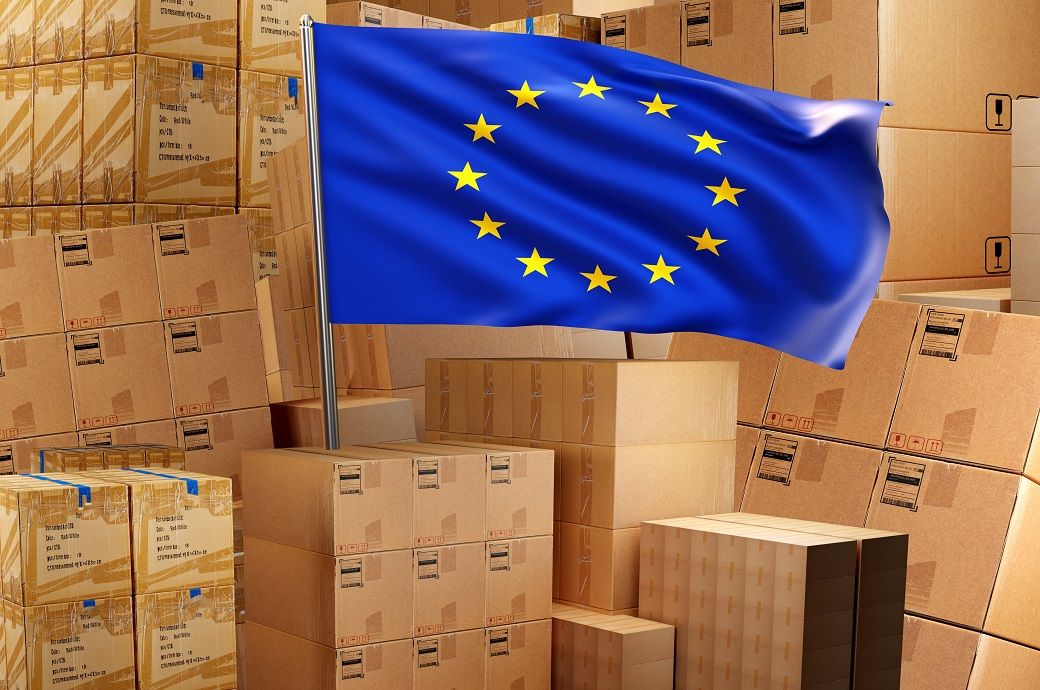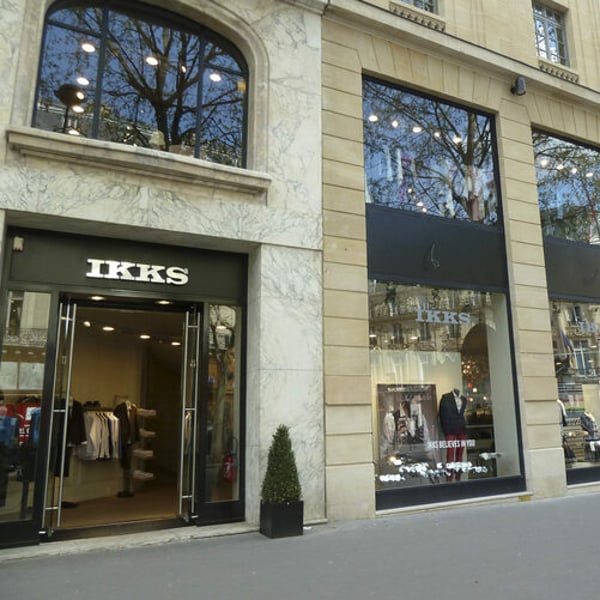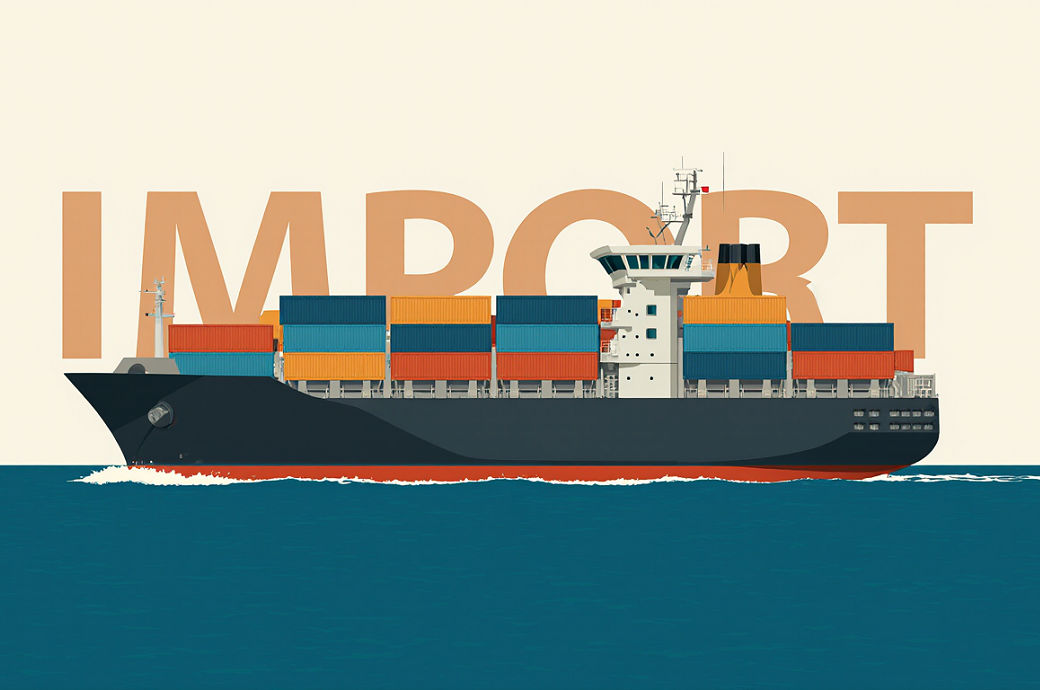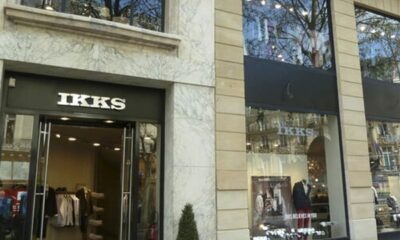Fashion
Pinault’s Artemis rules out Puma sale for now, source says

By
Reuters
Published
September 11, 2025
Artemis, the Pinault family’s holding company that controls Gucci-owner Kering, will not sell its 29% stake in sports brand Puma at the current market value and is not engaged in talks over a deal, a source close to the firm told Reuters on Thursday.
The comments — the first from a source with detailed knowledge of the private firm’s operations — follow an August report by Bloomberg stating that Artemis was sounding out potential buyers for its $960 million stake in Puma.
Puma shares surged 15% on August 25, but have since lost most of those gains.
The source, who declined to be named because the information was private, said Artemis had been approached by many potential suitors for its stake — including private equity firms and sector peers — but emphasized that the firm was not negotiating anything at this time.
“Would we sell at this level? Never in our lives… We consider that Puma is worth much more than that,” the person said, while echoing public comments from Artemis chairman François-Henri Pinault earlier this week that Puma was not “strategic.”
Puma shares fell as much as 4.7% in Frankfurt trading following the publication of the comments. By 3:12 p.m. GMT, the shares were down 3.6%, having traded as high as 1.5% earlier in the day.
Puma’s stock has lost over 60% of its value in the past two years, as the brand has struggled to maintain its market share for footwear and apparel and generate interest in newer sneaker models, such as the Speedcat.
The source said that while Puma would not remain in Artemis’ portfolio “forever,” now was not the right time to sell.
Puma declined to comment when contacted by Reuters.
Pinault’s investment vehicle — which, in addition to Gucci-owner Kering, also controls auction house Christie’s and Hollywood talent agency CAA — has come under investor scrutiny for the high levels of debt accumulated across its portfolio, as it seeks to diversify amid declining luxury sales.
The source close to Artemis declined to name specific investors but noted strong interest from both sector peers and financial investors “seeking to position themselves.”
The Pinault family acquired its stake in Puma in 2018 from Kering, when the luxury group spun off the holding and refocused on its high-end fashion portfolio, centered on brands like Gucci and Saint Laurent.
The source added that Artemis has full trust in the newly appointed Puma CEO, Arne Hoeld, to turn the company around and emphasized that Artemis is not facing any debt maturities this year or next that would force it to sell assets.
© Thomson Reuters 2025 All rights reserved.
Fashion
EU to levy €3 customs duty on small e-commerce parcels from July 2026

EU officials said the measure aims to address unfair competition faced by EU sellers, alongside concerns over consumer health and safety, widespread fraud, and environmental impact linked to high volumes of low-value imports. Around 93 per cent of e-commerce flows into the EU are expected to fall under the scope of the new duty, the Council said in a press release.
EU Council has agreed to impose a fixed €3 (~$3.52) customs duty on small parcels valued below €150 entering the bloc from July 1, 2026.
The temporary measure targets e-commerce imports, addressing unfair competition, fraud, and safety concerns.
It will apply mainly to goods sold by non-EU sellers registered under the Import One-Stop Shop and remain until a permanent customs reform takes effect.
The €3 rate will apply to goods sold by non-EU traders registered under the EU’s Import One-Stop Shop for VAT purposes. The Council clarified that this customs duty is separate from a proposed handling fee being discussed under the broader customs reform and the EU’s multiannual financial framework.
The temporary duty will remain in force until a permanent system agreed in November 2025 comes into application, which would remove the €150 duty-free threshold altogether and subject all such goods to standard EU tariffs. The European Commission will periodically review whether the duty should also extend to goods sold by traders not registered under the Import One-Stop Shop (IOSS).
Fibre2Fashion News Desk (KD)
Fashion
IKKS: Paris commercial court approves acquisition bid by Santiago Cucci and Michaël Benabou

Translated by
Nicola Mira
Published
December 12, 2025
On Thursday December 12, the Paris commercial court decided on the future of French premium ready-to-wear retailer IKKS. At the end of a receivership procedure involving several purchasing bids for IKKS, the court has approved the offer by Santiago Cucci, who was named president of the group’s holding company HoldIKKS last year, and Michaël Benabou, co-founder of event sales site Veepee.
The court’s decision has put an end to months of uncertainty for IKKS’s employees. According to figures drawn up by the receivers at the end of August, the group’s staff numbered 1,287 worldwide, 1,094 of them in France. At the time, the group had 473 stores between France and 11 other countries, plus headquarters in the town of Saint-Macaire-en-Mauges and offices in Paris.
IKKS gave a design make-over to its collections in summer, and in September it applied for receivership, after the group’s main shareholders, US investment funds Avenue Capital, CarVal Investors and Marathon Asset Management, expressed their wish to sell the company.
The IKKS group, which operates the eponymous brand as well as One Step and ICode, is still a leading international ready-to-wear retailer in the premium segment, operating several hundred retail outlets (between directly owned and franchised stores, and concessions) in nine countries. The path to new ownership has been complex, since the group was split in several entities, and none of the purchasing bids referred to the group as a whole.
The winning bid’s details
Cucci and Benabou have convinced the court after recently revising their bid upwards. Initially, the bid related to 141 stores, 88 of them directly owned, and 391 company employees.
The deal was clinched after the bid was extended to include 219 stores in France: 92 of them directly owned, 100 franchised, plus 27 Galeries Lafayette concessions. The employees associated to the directly owned stores are 546.
Benabou and Cucci, a former senior executive at Levi’s and a strategic advisor to G-Star, have taken over the IKKS business and are planning to operate a more streamlined store fleet. They will focus on womenswear and menswear, while childrenswear has been put on hold.
The dossiers given to prospective buyers indicated that the IKKS brand accounted for 80% of the group’s revenue, that 64% of its revenue was generated by womenswear, 21% by childrenswear, and 15% by menswear. When the company applied for receivership, direct retail accounted for 77% of revenue, e-commerce (both B2B and B2C) for 20%, and the remaining 3% was generated through the wholesale channel.
Rejected bids
The bid by sustainable fashion brand Faguo, which had been revised to include 15 stores and 30 jobs, was rejected. French group Beaumanoir (which owns womenswear brands Morgan and Caroll) had teamed up with Faguo, offering €1 million to buy the IKKS brand name and some of the stores.
Another rejected bid was put forward by Salih Halassi’s company Amoniss, a shareholder in Pimkie which recently acquired Christine Laure and Chevignon. It initially bid for a minimum of 168 stores and 393 employees.
BCRI Holding, which recently bought Café Coton, initially offered to buy 67 stores with a total of 426 employees. While AA Investments (owner of Smallable, L’Exception and Bonne Gueule) was interested in IKKS’s intangible assets. Verdoso, new owner of The Kooples, withdrew its bid before the November 28 hearing.
Since none of the bids related to the Icode and One Step brands, and to IKKS childrenswear, some of the latter’s stores in France have now closed. The new owners are therefore concentrating on the IKKS brand, out of a group fleet that had 550 stores as of the end of 2024, though streamlining measures started in H1 this year.
The brand’s employees are now hoping IKKS will be able to regain momentum as a recognised name in the premium ready-to-wear segment.
Copyright © 2025 FashionNetwork.com All rights reserved.
Fashion
Bangladesh industrial importers get 3-yr usance term for capital goods

A circular by the central bank said the policy update follows the decision reached at the 186th meeting of the Scrutiny Committee on Foreign Loan/Supplier’s Credit of the Bangladesh Investment Development Authority (BIDA). The aim is to facilitate industrial growth.
Bangladesh Bank recently announced that authorised dealers may now allow their industrial importers to import capital goods on a usance term of up to three years under supplier’s or buyer’s credit.
The aim is to facilitate industrial growth.
However, usance period for import of spares will not be more than 360 days in all cases, a circular by the central bank said.
”The usance tenure shall also be applicable to such imports by industrial enterprises operating in export processing zones or private export processing zones/economic zones/hi-tech parks and other areas designated as specialised zones by the government. However, usance period for import of spares will not be more than 360 days in all cases,” the circular added.
Fibre2Fashion News Desk (DS)
-

 Politics6 days ago
Politics6 days agoThailand launches air strikes against Cambodian military: army
-

 Tech1 week ago
Tech1 week agoWIRED Roundup: DOGE Isn’t Dead, Facebook Dating Is Real, and Amazon’s AI Ambitions
-

 Politics6 days ago
Politics6 days agoZelenskiy says Ukraine’s peace talks with US constructive but not easy
-

 Sports1 week ago
Sports1 week agoAustralia take control of second Ashes Test | The Express Tribune
-

 Fashion6 days ago
Fashion6 days agoGermany’s LuxExperience appoints Francis Belin as new CEO of Mytheresa
-

 Business1 week ago
Business1 week agoNetflix to buy Warner Bros. film and streaming assets in $72 billion deal
-

 Politics1 week ago
Politics1 week ago17 found dead in migrant vessel off Crete: coastguard
-

 Tech1 week ago
Tech1 week agoMIT researchers “speak objects into existence” using AI and robotics

















